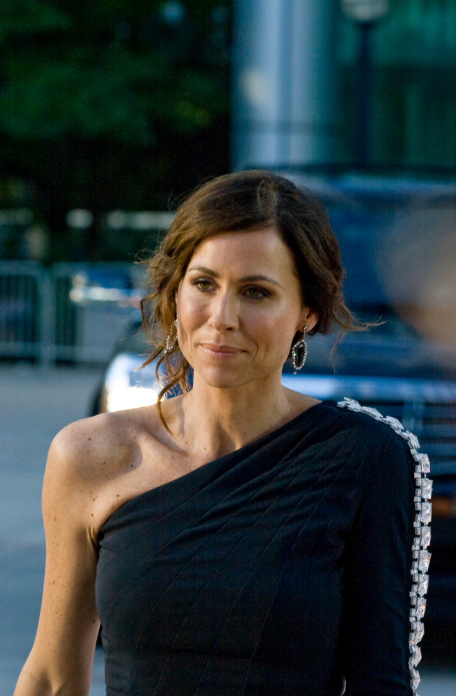Actress Reveals the Terrible Advice Police Officers Gave Her After She Was Sexually Assaulted

By:
Actress Minnie Driver revealed on Tuesday that she experienced sexual assault as a teen and that she was subjected to victim-blaming from police in the aftermath.
 Flickr/Josh Jenson - flickr.com
Flickr/Josh Jenson - flickr.com
During a Tuesday appearance on Sirius XM’s “StandUP! with Pete Dominick,” Driver said that she was sexually assaulted during a trip to Greece when she was 17. She said a man grabbed her to ask her to dance, and when she pulled away from him, he yanked her hair. When she tried to kick him to protect herself, he punched her. When she reported the incident to police, however, they criticized her for not just dancing with the man in the first place.
“The way [the police] presented it was ‘this guy was just having a good time and if you’d gone along with it, it would’ve been fine,’” she said. "'If you’d just danced with him, you wouldn’t be in this position that you’re in now.’ And I think that is the way it’s framed for most young women, which is, 'you're not going to be part of the gang,' people will call you names. I don't know a woman who has not had some form of sexual assault at some point in their life, whether it's being manhandled, whether it is being pushed around, or whether it's actual physical aggression, or indeed being rape."
Driver's experiences with victim-blaming are known to many sexual assault victims.
It is common for sexual assault victims to be probed about how their behavior may have led them to be assaulted, instead of faulting the assailant for committing sexual assault. Some people ask the victims what they were wearing at the time of their assault, a loaded question that implies that the woman's clothing may have attracted unwanted attention. Victims are also asked whether alcohol was involved during the time of their sexual assault. Citing research that shows a connection between alcohol consumption and sexual assault, writer Emily Yoffe wrote a controversial piece for Slate in 2013 arguing that women should stop getting drunk if they want to avoid sexual assault.
The focus, of course, should not be on telling victims what they did to cause their sexual assaults. Rather, the focus should be on teaching people not to sexually assault others.
In the same interview, Driver added that many women have been conditioned to deal with unwanted attention from an early age:
“The times that you would sanction it, because you would believe when you’re young, when you’re 17, 18, you’re going out, the idea that unwanted male attention is something that you are supposed to put up with because it is somehow your role that a guy can come and touch you, he can put his hand way too far down the small of your back so that his hand is kind of going into your butt and that that’s all right. That you can be shepherded, herded, touched, mauled. I think young women, they’ve been belittled when they’ve said something.”
According to the Rape, Abuse & Incest National Network, women ages 16 to 19 are four times more likely than the general population to fall victim to sexual assault, attempted rape, and rape.
Listen to Driver's interview below:
[H/T Huffington Post]
